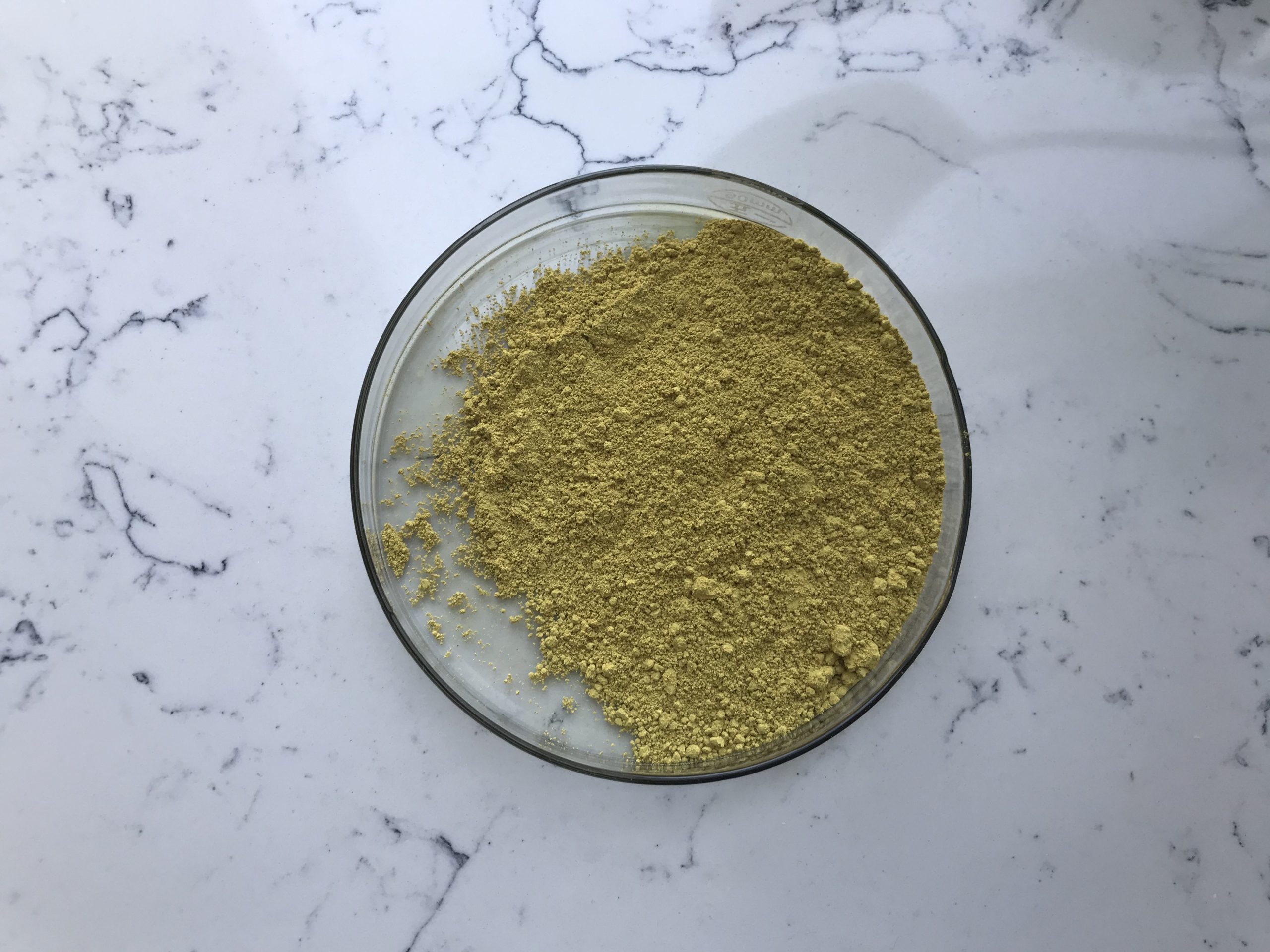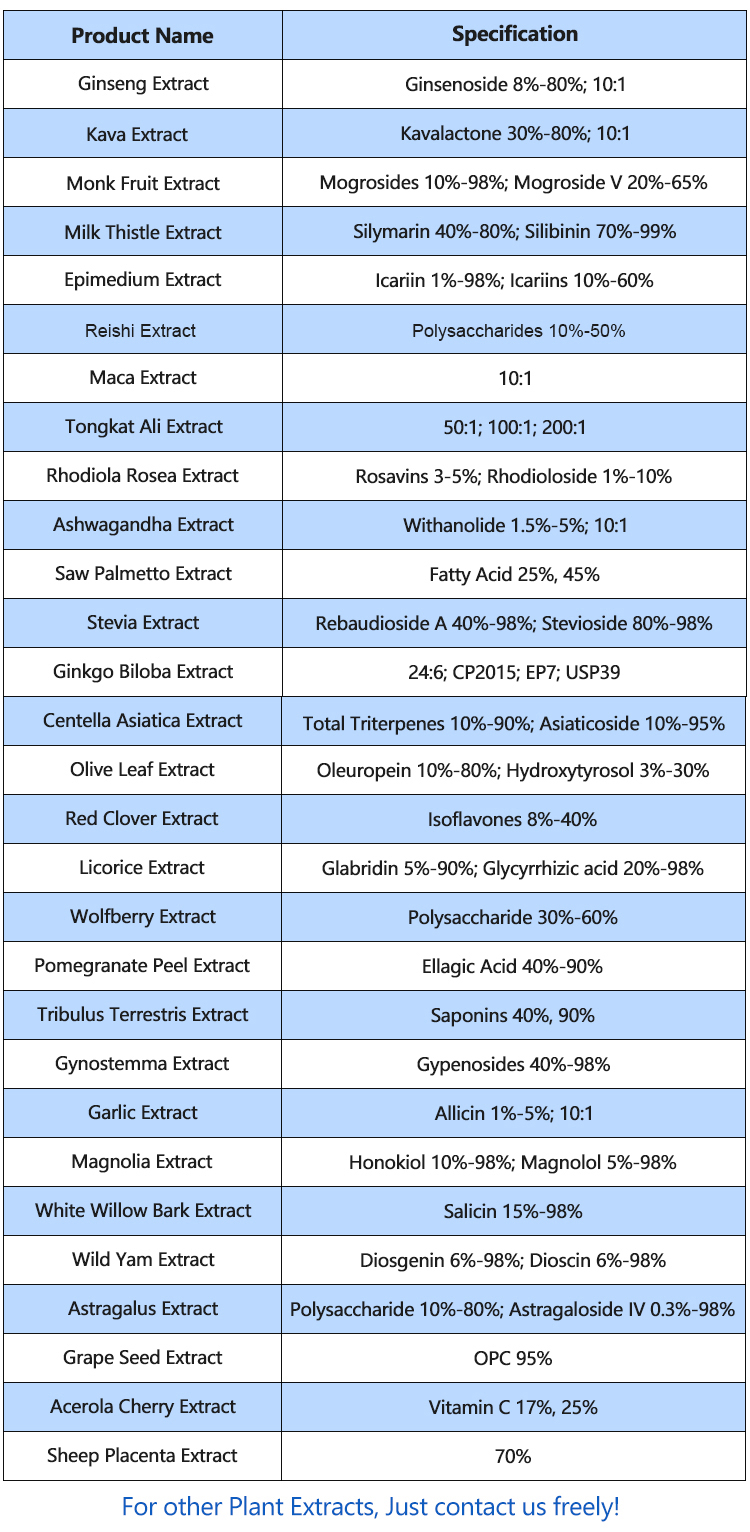Fisetin, a flavonoid found in various fruits and vegetables like strawberries, apples, and onions, has been gaining attention in cosmetics for its numerous skin benefits. Its role in skincare and cosmetics is primarily based on its potent antioxidant, anti-inflammatory, and anti-aging properties. Here’s a closer look at its functions:
1. Antioxidant Properties
- Fisetin helps neutralize free radicals, which are unstable molecules that can damage skin cells and accelerate aging.
- By reducing oxidative stress, it protects the skin from environmental damage caused by UV radiation, pollution, and other external aggressors.
2. Anti-Aging Effects
- Fisetin has been shown to promote the production of collagen, a protein essential for maintaining skin elasticity and reducing wrinkles.
- It inhibits enzymes like collagenase and elastase that break down collagen and elastin, helping to preserve skin firmness.
- Its ability to activate cellular repair mechanisms may slow down visible signs of aging.

3. Anti-Inflammatory Properties
- Fisetin reduces inflammation by modulating inflammatory pathways, which can help soothe irritated skin.
- This makes it beneficial for sensitive or acne-prone skin, as it helps calm redness and prevent flare-ups.
4. Skin Brightening
- Fisetin can inhibit tyrosinase, an enzyme involved in melanin production, which may help reduce hyperpigmentation and promote a more even skin tone.
5. Senolytic Effects
- A unique property of fisetin is its ability to act as a senolytic agent, meaning it helps clear senescent (aged or damaged) cells from the skin.
- Removing these cells can rejuvenate the skin, improving its overall texture and appearance.
6. Wound Healing
- Fisetin’s role in enhancing cellular repair and reducing inflammation can contribute to faster wound healing, making it valuable in products for damaged or compromised skin.
Application in Cosmetics
Fisetin is incorporated into a variety of cosmetic formulations, including:
- Anti-aging creams and serums: To target wrinkles, fine lines, and sagging skin.
- Brightening products: To address pigmentation and uneven skin tone.
- Sensitive skin products: To calm inflammation and irritation
- Sunscreens: As an antioxidant booster to protect against UV damage.

Challenges
- Stability: Like many plant-derived compounds, fisetin may degrade when exposed to light, heat, or oxygen, requiring stabilization techniques in formulations.
- Skin Penetration: Its bioavailability in topical applications can be a concern, so it may be paired with carriers like liposomes or nanotechnology to enhance absorption.
Fisetin is multifunctional benefits and natural origin make it a promising ingredient in modern cosmetic science, especially for those seeking holistic and plant-based skincare solutions.
